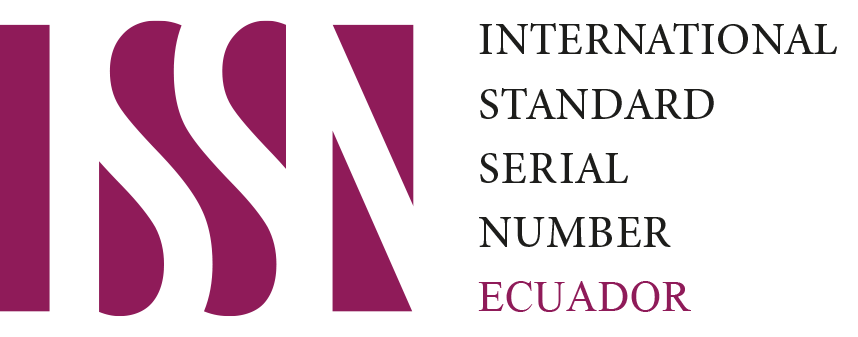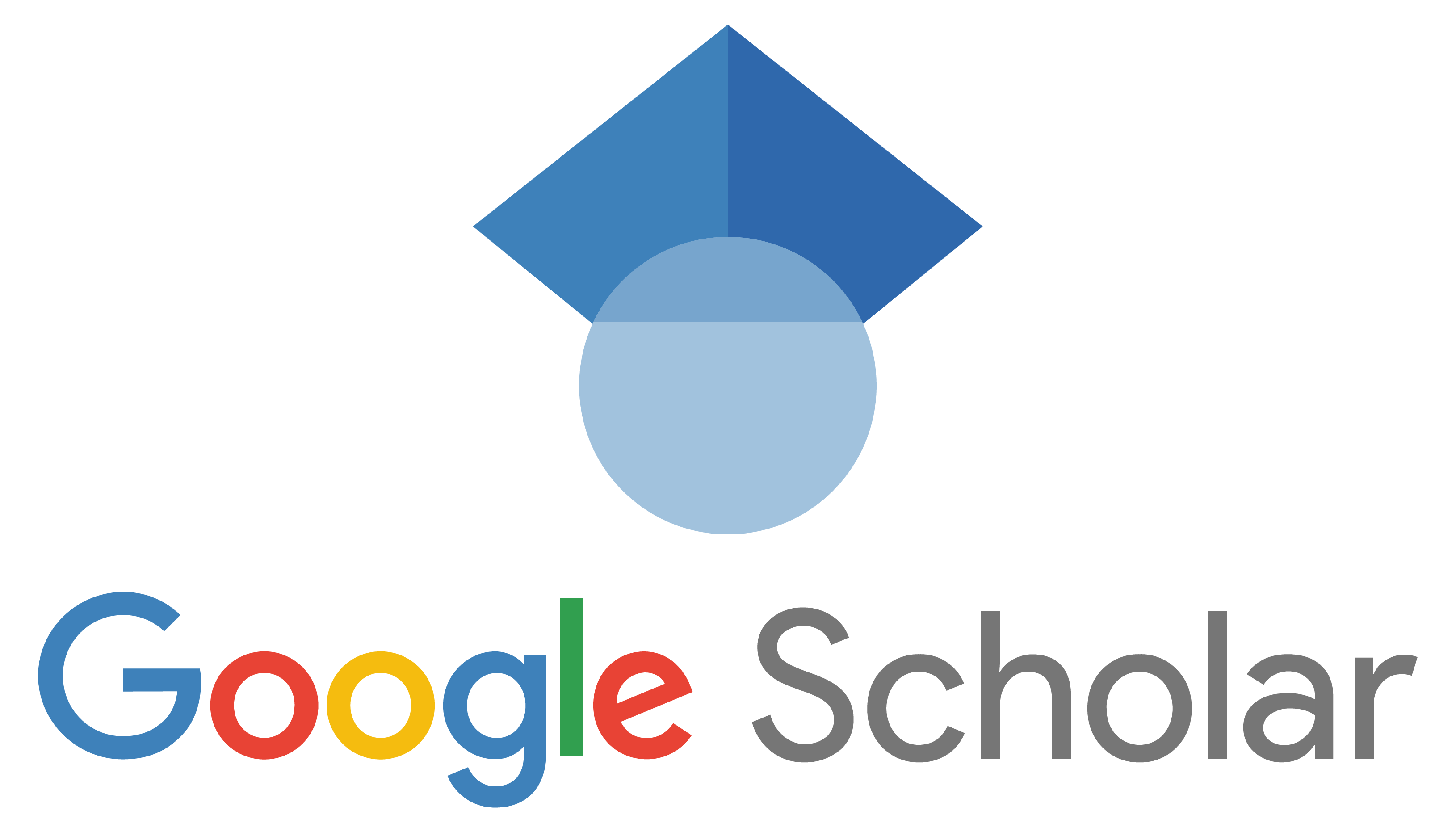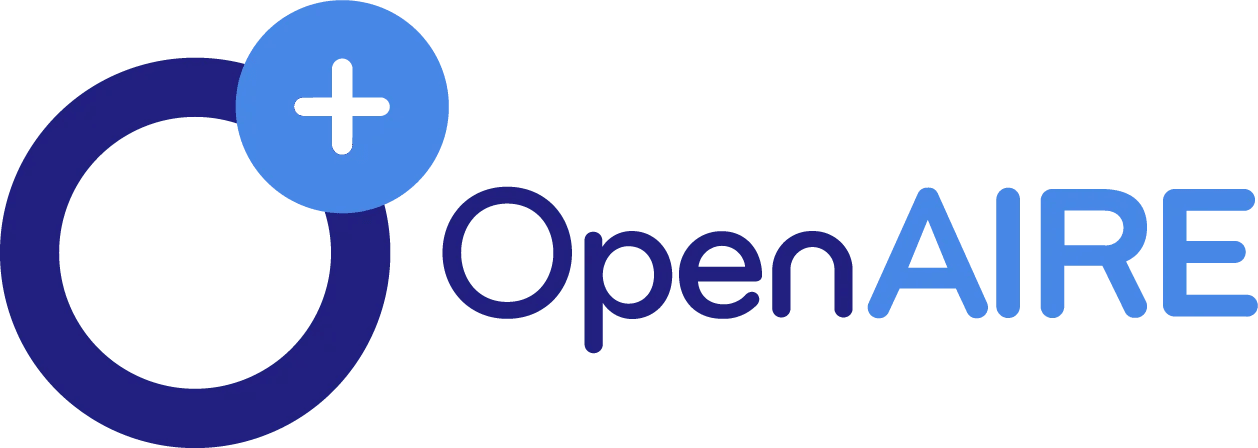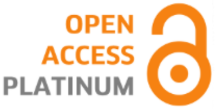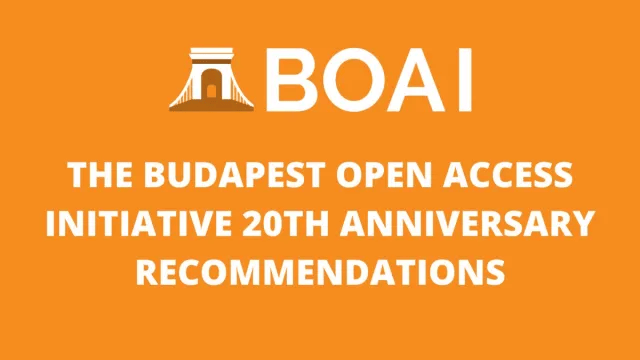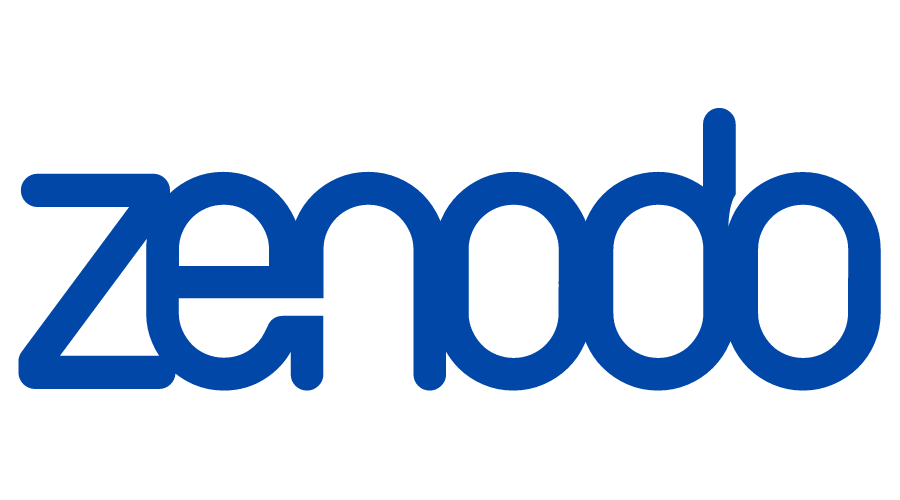About the Journal
Aims and scope
The Journal of Management and Human Resources (e-ISSN 3091-1850), published by Publis Editorial, the publishing unit of Publisciencia S.A.S. (R.U.C.: 1391936852001, Portoviejo, Ecuador), aims to serve as a multidisciplinary platform for disseminating innovative research and advanced practices in the fields of administrative sciences and human talent management. The journal promotes the analysis of theoretical and practical approaches that integrate disciplines such as management, organizational behavior, accounting, entrepreneurship, business administration, and human capital development. Furthermore, it expands its academic scope by incorporating research in agriculture, biology, history, philosophy, political science, geology, health sciences, pharmacy, technology, engineering, mathematics, economics, and education, fostering interdisciplinary dialogue among the social, natural, exact, and applied sciences. It offers a space where innovation, technology, and human vision converge to generate knowledge that drives competitiveness, efficiency, scientific development, and the sustainable growth of organizations and society on a global scale. The journal seeks to establish itself as an academic and professional benchmark for researchers, scientists, managers, and specialists interested in understanding and optimizing human and organizational potential within the contemporary challenges of scientific, technological, and social development.
The Journal of Management and Human Resources encompasses a broad range of topics related to management and human talent, with a special focus on integrating multidisciplinary approaches that address both technical and social aspects. Areas covered by the journal include:
1. Management, leadership, and organizational behavior
- Strategy and business management: analysis of corporate strategies and business planning.
- Organizational culture and behavior: management of multicultural teams.
- Diversity and inclusion in the workplace.
- Psychological and sociological aspects in human capital management.
2. Entrepreneurship and business development
- Creation and management of new enterprises.
- Innovation and development of products and services.
- Business growth strategies and scalability.
- Management and development of organizational processes.
3. Accounting and sustainable finance
- Financial management and accounting analysis, auditing, and internal control.
- Accounting standards and their application in business management.
- Corporate social responsibility and business ethics.
- Environmental and social impact of organizational decisions.
4. Technology and innovation processes
- Application of emerging technologies in administrative and talent management.
- Advertising and internal communication: impact of advertising and strategic communication on building organizational culture.
- Digital marketing and organizational transformation: research on digital marketing and new communication tools.
- Use of digital tools and management software in human talent administration.
5. Education, development, and human talent strategies
- Innovation in education and talent training in the business environment.
- Training and professional development programs.
- Labor relations and collective bargaining.
- Models of human talent management and their impact on productivity.
- Knowledge management and its integration in organizational innovation processes.







